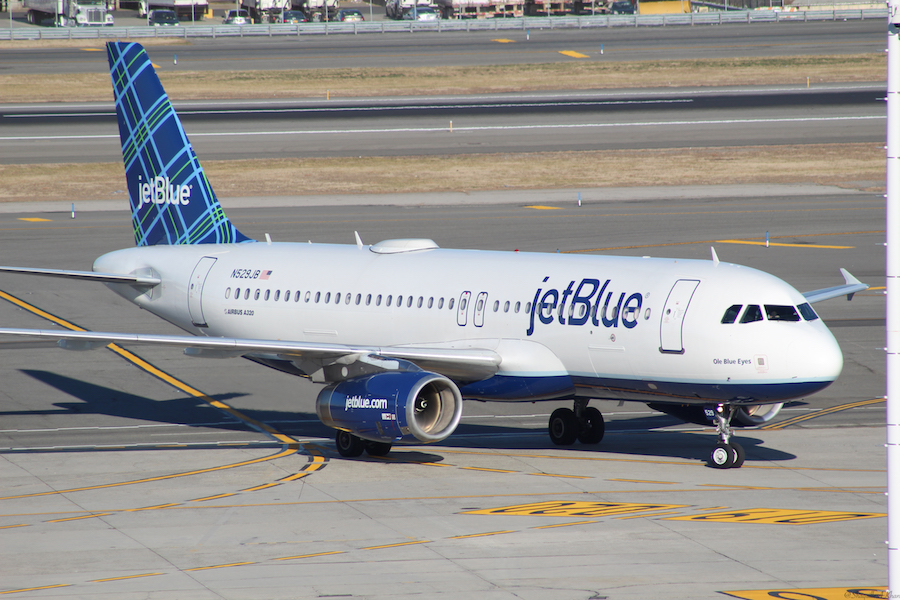The Israel Ministry of Tourism reveals the average tourist spends $1,500 in Israel.
The recently published 2012 Inbound Tourism Survey Annual Report reveals new information regarding the characteristics of tourists and visitors to Israel. The survey was carried out by the Tourism Ministry among a representative sample of 25,000 families (representing about 41,500 individuals).
The recent years have seen an increase of over $1 billion in revenue to the Israeli economy from incoming tourism, in spite of Operation Pillar of Defense in mid-November 2012, which adversely affected incoming tourism for several months.
Some 1.7 million tourists visit Israel in January-June. Tourism Ministry to hold road show in China featuring Israeli food, Dead Sea mud treatments
The average expenditure per tourist who came to Israel in 2012 for 30 days or less stood at $1,484. The average expenditure per tourist who came to Israel in 2012 for one day only stood at $153. A tourist arriving on a cruise ship spent on average $145 a day.
The average expenditure per tourist who came to Israel in 2012 on an organized tour stood at $1,549; on a package deal – $1,500, and FITs (frequent individual tourists who pay for all their land services in Israel) – $1,426.
Over half of all visitors and tourists to Israel in 2012 were Christian (56%) and only 24% were Jewish. Of the Christian visitors, 50% were Catholic, 19% Protestant and there is an increase in the number defining themselves as belonging to another religion or with no religious affiliation.
Only 4% certain they won’t return to Israel
In response to the question what was the most influential factor in making a decision about coming to Israel, 64% answered family and friends (49% in 2011). Fourteen percent attributed their decision to the influence of the travel agent (20% in 2011).
Thirty-six percent of all tourists received their information via the internet, as opposed to 27% in 2011, with 31% relying on the travel agent and tour operator (39% in 2011).
Thirty-two percent of tourists arrived as part of an organized tour, 46% arrived independently and 22% bought a tour package. In 2011, 36% came on an organized tour, 38% independently and 26% bought a tour package.
Seventy-four percent of tourists stayed in a hotel or holiday village; 16% stayed with family and friends; 4% stayed in youth hostels; 3% in rented accommodation; 2% in a Christian hostel and the remaining 2% in other hostel accommodation (practically no change since 2011).
The average length of stay for a tourist in 2012 was 8.2 days, similar to 2011.
Eighty percent of tourists were sure or think that they will return to Israel for a visit, 16% said maybe and about 4% answered negatively.
“In recent years, revenue from incoming tourism has risen by over $1 billion,” says Tourism Minister Uzi Landau. “Tourists are voting with their feet throughout the year and we welcome them.
“The Tourism Ministry will continue to work at full speed to maintain and strengthen this upward trend, both cultivating existing markets and breaking into new markets. It is not only the tourists that benefit. The State benefits as well with increased revenue in the economy and the creation of new jobs in the periphery.”
WHAT TO TAKE AWAY FROM THIS ARTICLE:
- The recent years have seen an increase of over $1 billion in revenue to the Israeli economy from incoming tourism, in spite of Operation Pillar of Defense in mid-November 2012, which adversely affected incoming tourism for several months.
- In response to the question what was the most influential factor in making a decision about coming to Israel, 64% answered family and friends (49% in 2011).
- Thirty-six percent of all tourists received their information via the internet, as opposed to 27% in 2011, with 31% relying on the travel agent and tour operator (39% in 2011).






















